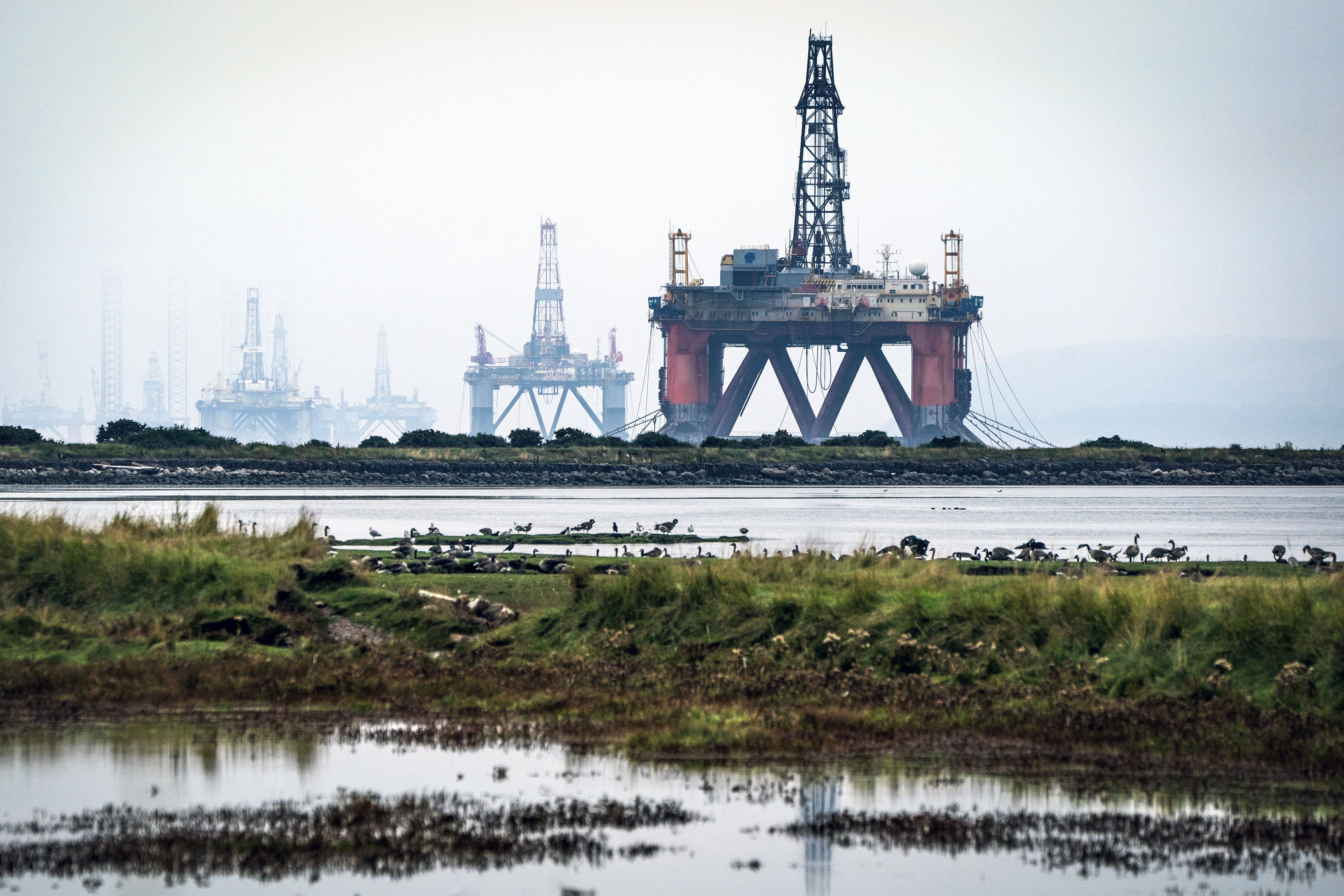BP boss can’t say how much it would have paid in windfall tax without ‘loophole’
MP says he asked for the figures in advance

A BP boss was unable to tell MPs how much the oil and gas giant would have paid in tax had it not been for an investment “loophole” in the government’s windfall levy - despite being asked for the figures in advance.
Matthew Williamson, BP’s UK head of hydrogen, said “I don’t have an answer for that” when quizzed on the levy at a House of Commons select committee.
Rishi Sunak, the then-chancellor, announced in May that he would impose a windfall tax on energy companies to help fund financial support for people struggling to pay their bills amid the cost of living crisis.
Energy firms have been recording record profits following the Covid pandemic and Russia’s ongoing war in Ukraine.
Mr Sunak said at the time the 25 per cent windfall levy would raise around £5bn in revenue for the Treasury. The scheme applies to profits made from extracting UK oil and gas, but not other activities, such as refining oil and selling petrol and diesel.
It included a measure that allows firms to claim tax savings worth 91p of every pound invested in fossil fuel extraction in the UK, which the Labour Party claimed was a “loophole” designed to get them out of paying the levy.
Last month, Shell revealed that it had paid zero windfall tax despite record global profits of nearly 30bn (£26bn) so far this year.
Appearing before the business, energy and industrial strategy (BEIS) committee, Mr Willaimson said BP’s tax and financial teams were still “working out” how much windfall tax would have been paid without the investment measures.
Darren Jones, the Labour chair of the committee, said he had asked BP for the number ahead of the meeting. He also asked Mr Williamson how the $8.5bn (£7.15bn) BP has earmarked to buy back its own shares compares with its investment in low-carbon technology.
Mr Williamson replied that for this year “we’re looking at approximately 30 per cent of spend for non-hydrocarbon investment, I don’t have the breakdown for renewables”.

Mr Jones said the questions had been sent to BP before the hearing and was “shocked” Mr Williamson was unable to provide them. He also asked whether Mr Williamson had requested the numbers from his team. “No I did not,” the BP chief replied.
Catherine Raw, the managing director of the power firm SSE’s thermal division, also appeared before the committee. She suggested that the windfall tax favoured oil and gas giants.
“It feels like an unintended consequence and slightly counterintuitive that effectively investment by oil and gas companies is favoured to investment by renewables companies,” she said.
At the beginning of November, BP announced that it made $8.2bn (£7.1bn) between July and September, more than double its profit for the same period last year, prompting calls for the government to extend the windfall tax.
In his autumn statement, Jeremy Hunt, the new chancellor, extended and increase the levy. It will be will rise from 25 per cent to 35 per cent in January and run until March 2028 instead of December 2025.






Join our commenting forum
Join thought-provoking conversations, follow other Independent readers and see their replies
Comments